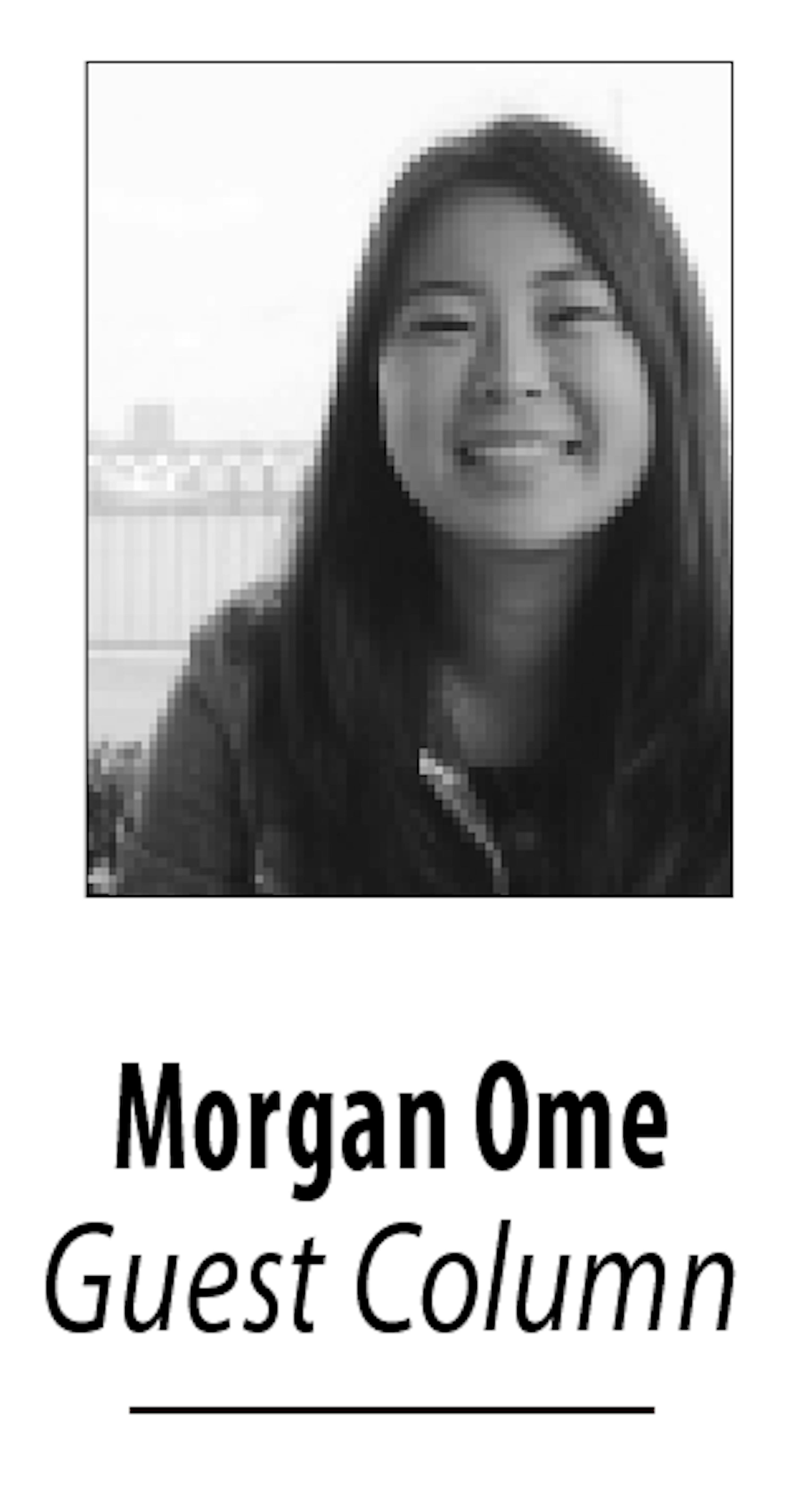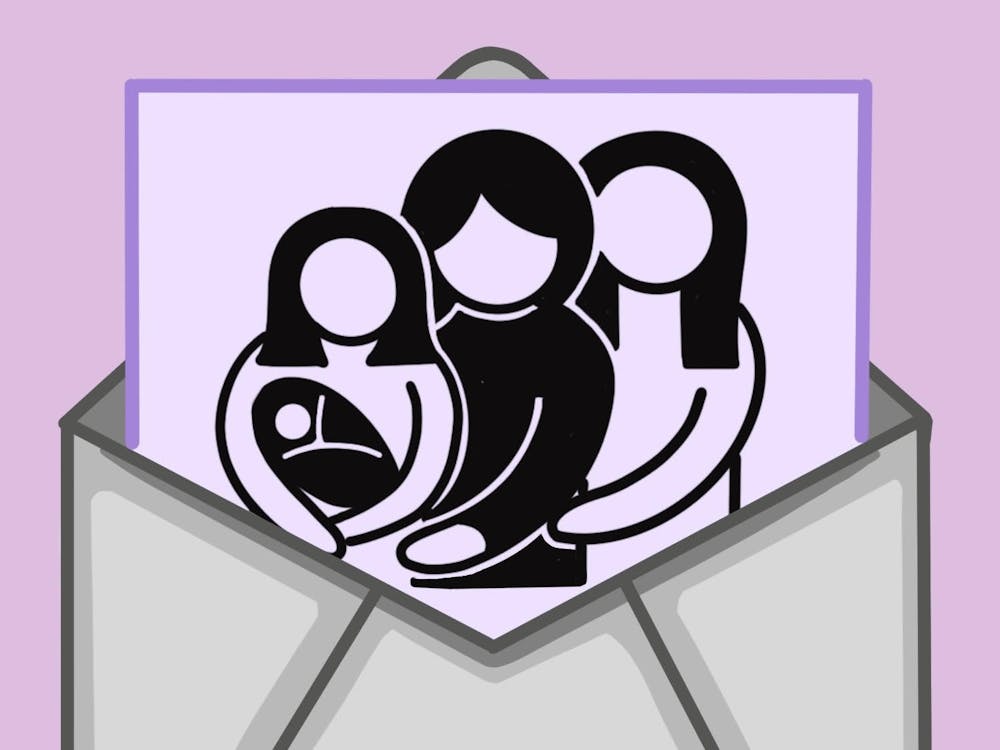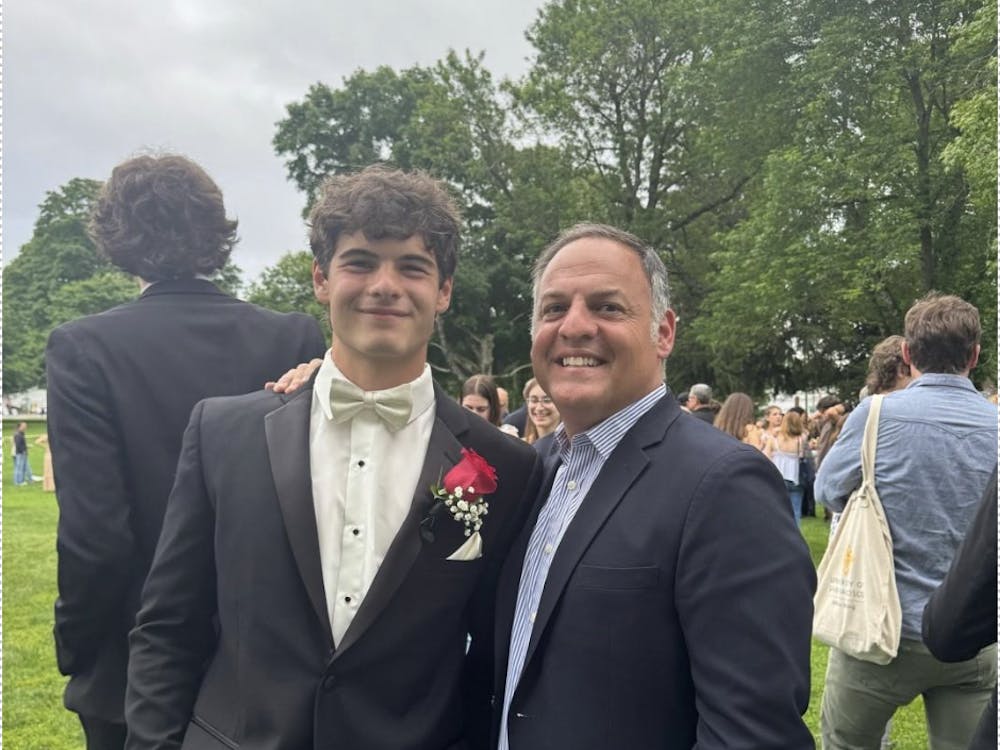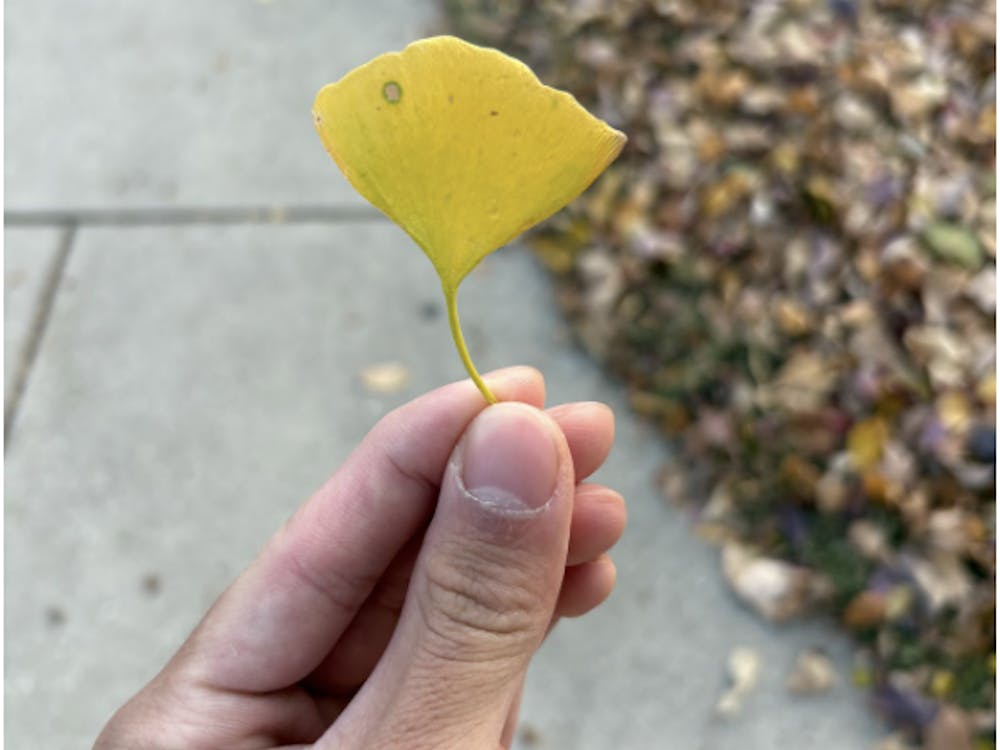
Here’s a common situation: I’m sitting with my friend, Kelsey, and another person comes up to us and says, “Has anyone ever told you that you look alike?” We both tense, smile placidly and respond with something like, “No. We don’t really look alike.”
Kelsey and I are both Asian, but she has wavy, red-brown hair, while mine is straight and dark brown. She’s several inches taller than me. Yet other people, including students and professors, often confuse us for each other.
There’s a name for this phenomenon: the “other-race effect.” It’s a psychological effect which makes it difficult for people of one race to identify and recognize people of other races. People who grow up in less diverse environments tend to be worse at differentiating between people of another race. Many people probably have been in a situation where they have mixed up individuals of the same race. I know I have, and I feel terrible whenever it happens.
But when does science stop validating claims like “they all look the same to me”? At what point does failing to distinguish between people of the same race constitute bias?
I’m of East Asian descent — Korean and Japanese American — so being mistaken for another Asian student may seem harmless. But for people of other racial minority groups, the consequences of misidentification can be deadly. At an Alabama mall in November, police shot and killed the wrong man while searching for a shooting suspect. Many activists criticized them for engaging in racial profiling because both the actual shooter and the victim were black.
My experiences with “other-race effect” are often more subtly harmful. It’s not just that many people think all Asians outwardly look the same. It’s that people draw conclusions about what it means to be Asian based on our appearances. I study creative writing and Italian and will be pursuing a career in journalism after I graduate. That doesn’t stop people from asking if my Asian parents approve of my humanities education or if my family has ever threatened to disown me. It also doesn’t prevent people from assuming that I’m a STEM student given my race.
Maybe this isn’t the worst assumption. But it plays into a much larger problem of stereotyping based on race. Asians are often lauded for their academic and professional achievements, characterized as smart and successful minorities who are prosperous because they work hard.
Yet studies show that despite this stereotype existing, Asians still face discrimination and barriers to success. According to research from the Harvard Business School, black and Asian job applicants were twice as likely to be called for an interview if they removed all information that revealed their racial status from their resume.
A study from the Social Science Research Network found that faculty members are less likely to respond to letters from Chinese and Indian students than white students. And researchers focusing on Bay Area tech companies discovered that even though Asians make up the largest group of professionals, they are the least likely to reach managerial or executive positions.
In her book White Fragility, sociologist Robin DiAngelo explains how racial stereotyping seldom affects white people. For example, DiAngelo explains, while the majority of school shooters, domestic terrorists and rapists in America are white, we don’t normally associate white people with those stereotypes. Minority groups don’t have that same luxury.
The problem of Asian invisibility is difficult to grapple with. How can we be recognized as individual people, not as representatives of an entire race? Some people have resorted to extreme measures. Several college consulting firms advise their clients — high school students applying to college — to “appear less Asian” on their admissions profiles. This implies that in order to be visible, or “seen,” Asians must erase information that may reveal their racial or ethnic heritage. If they want to have any chance of gaining admission to an elite school, they must disassociate from being “Asian.”
What does being Asian mean, anyway, if the group encompasses so many different ethnicities and experiences? I’m still figuring that out. One thing I try to do is confront people when they engage in microaggressive, or aggressive, behavior. When someone makes a comment like “Where are you really from?” or “I don’t think Asians are people of color,” I try to ask a question in response, such as “What do you mean by that?”
I’ve often been afraid of calling out problematic behavior: afraid of hurting someone’s feelings or making them feel bad. And there are certainly situations where I’ve chosen to remain silent. And that’s okay, too. I’m not going to respond or react perfectly every time. What matters is that I keep working to confront biases, both in others, and within myself.




